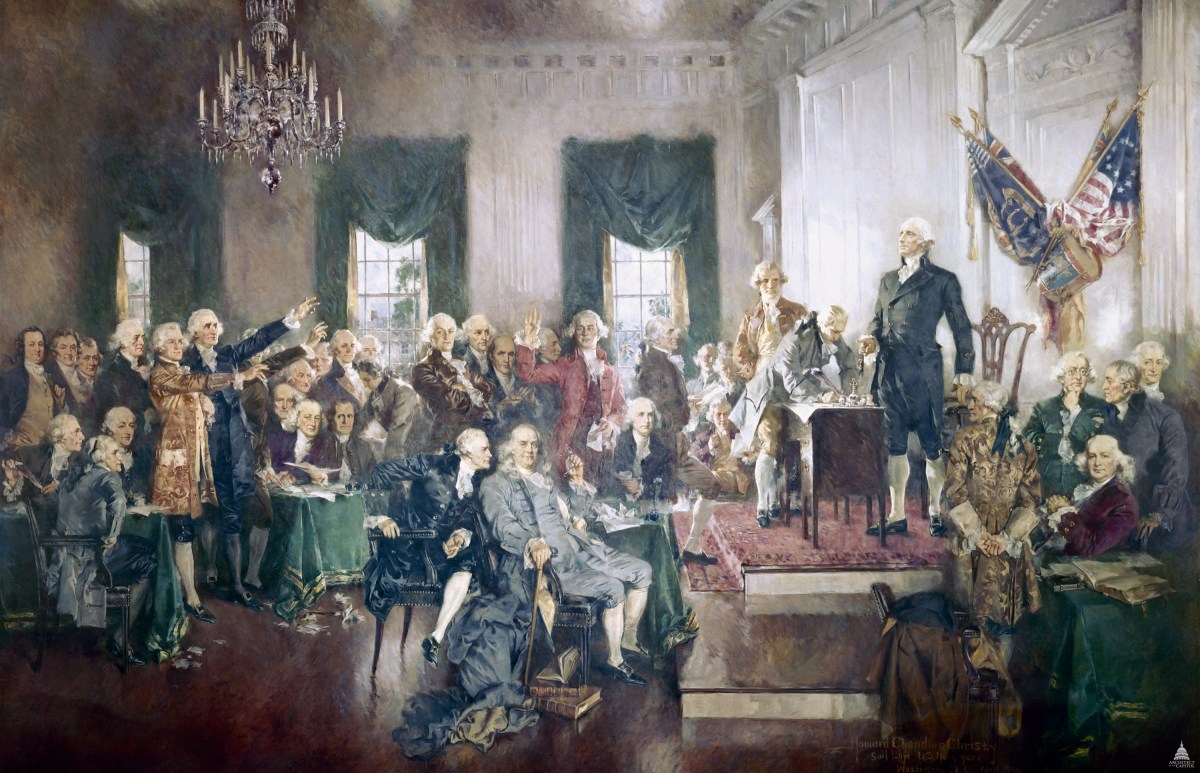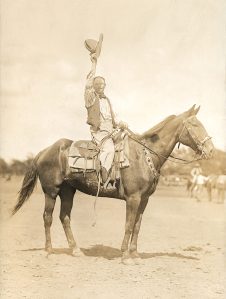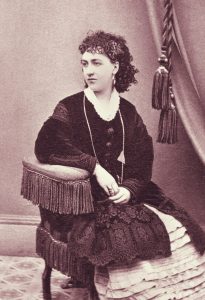Presiding over the Constitutional Convention in Philadelphia’s Independence Hall, George Washington sat in a high-backed, mahogany chair decorated with a carved half sun. Author Rasmussen’s title plays on Benjamin Franklin’s comment on that carving. James Madison wrote that after debates concluded and delegates were signing the new Constitution, Ben Franklin—the oldest, wisest delegate—remarked that throughout that hot summer’s deliberations, his “hopes and fears” for the American nation vacillating, he had contemplated that sun “without being able to tell whether it was rising or setting.” “But now at length,” Franklin said on September 17, 1787, “I have the happiness to know, that it is a rising and not a setting sun.” Not so for most Founders, Dennis C. Rasmussen argues in Fears if a Setting Sun: The Disillusionment of America’s Founders.

By Dennis C. Rasmussen
Princeton/Oxford 2021; $29.95
Of course, Franklin did not live to see but the first three years of the American experiment, dying in 1790. By the ends of their lives, Washington, Alexander Hamilton, John Adams, and Thomas Jefferson all feared America’s sun was setting. From 1792, Washington despaired that America was hopelessly divided by party. He “recognized that not only Congress, but all the American people had become thoroughly and irretrievably partisan,” writes Rasmussen. Hamilton was disillusioned from the outset. He complained that the federal government lacked sufficient “energy.” By 1804—on the eve of his fatal duel with Aaron Burr—Hamilton was writing of the “Dismemberment of our Empire.” Different phantoms haunted Adams. He feared Americans’ lack of virtue would render them unfit for republican government. Meanwhile, Adams’s political rival, Jefferson—the most sanguine of the bunch—also lamented the nation’s demise. Expanding commercialism was a problem. But slavery? Bondage, Jefferson thought, would be “the death knell of the union.”

Only Madison was “an outlier,” Rasmussen writes, the “proverbial exception that proves the rule.” Madison’s pragmatic, “consoling confidence” fueled the longest-living Founder’s optimism. In 1834, Madison—who would die in 1836—declared the American regime “successful beyond any of the forms of Govts. ancient or modern,” displaying “no defects which do not admit remedies.”
Rasmussen mines the Founders’ published correspondence and works by many historians—well-trod territory, yes, but the author’s cogent summary and synthesis brings into sharp focus these Founding Fathers’ fears. And, Rasmussen concludes, his subjects’ “penchant for meeting deep disappointment with steadfast resolve” affords a lesson: perhaps that sun on Washington’s chair “was neither simply rising nor simply setting, but rather beckoning the nation onward toward the horizon, on a never-ending quest to perpetuate and improve the founders’ creation.” Madison, at least, would agree. —Mark G. Spencer is an professor of history at Brock University, Canada, and has published widely in the fields relating to the American Enlightenment.
This story contains affiliate links. If you buy a book through this page, we might get a commission. Thanks!





